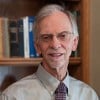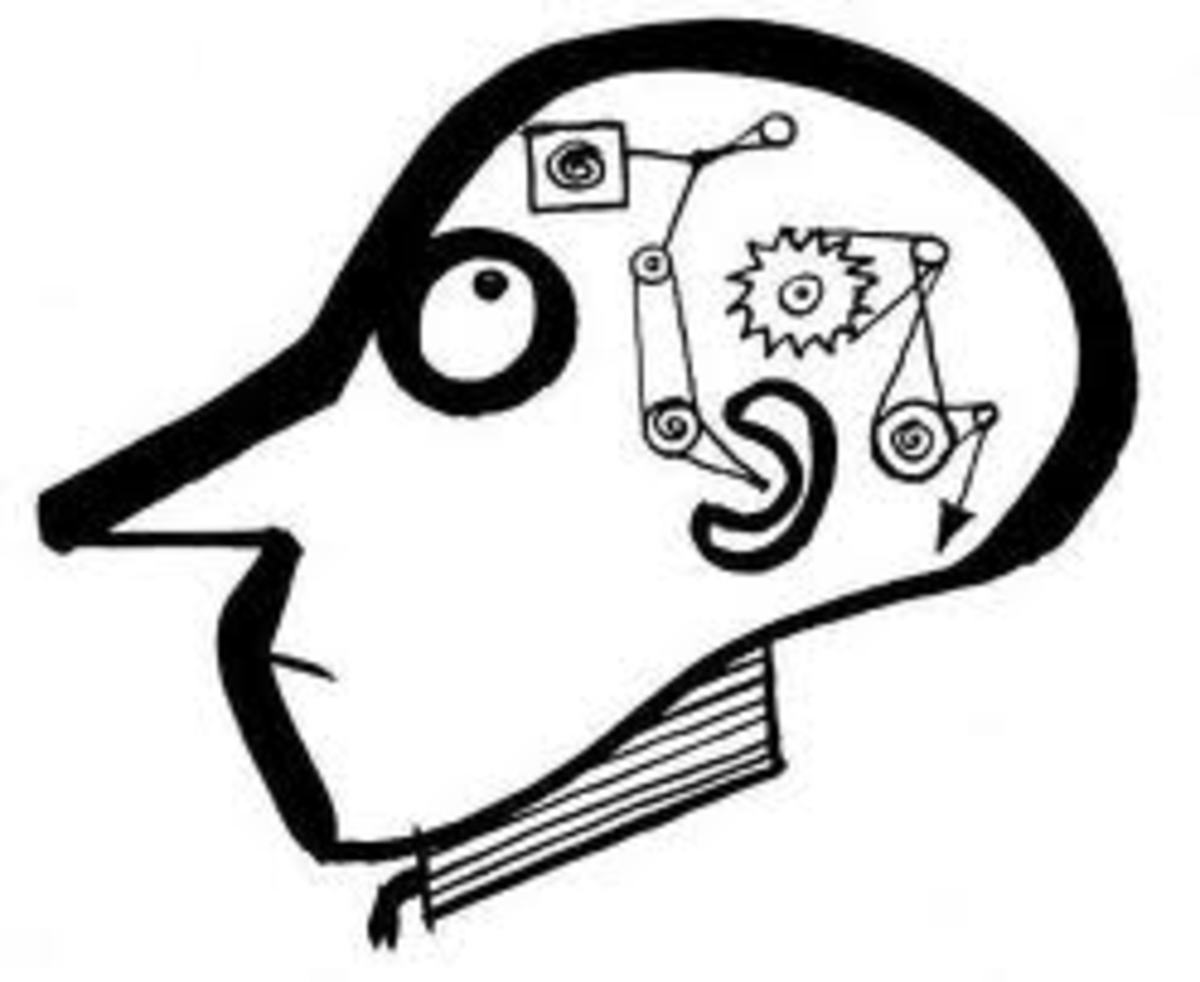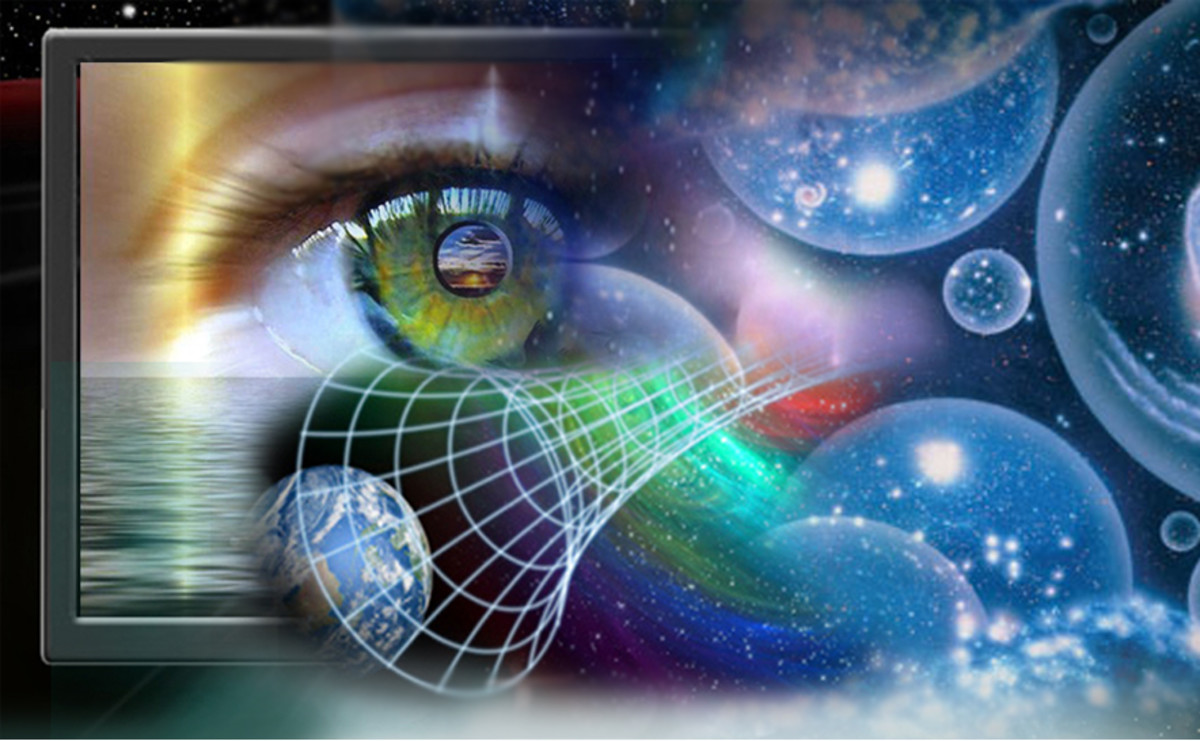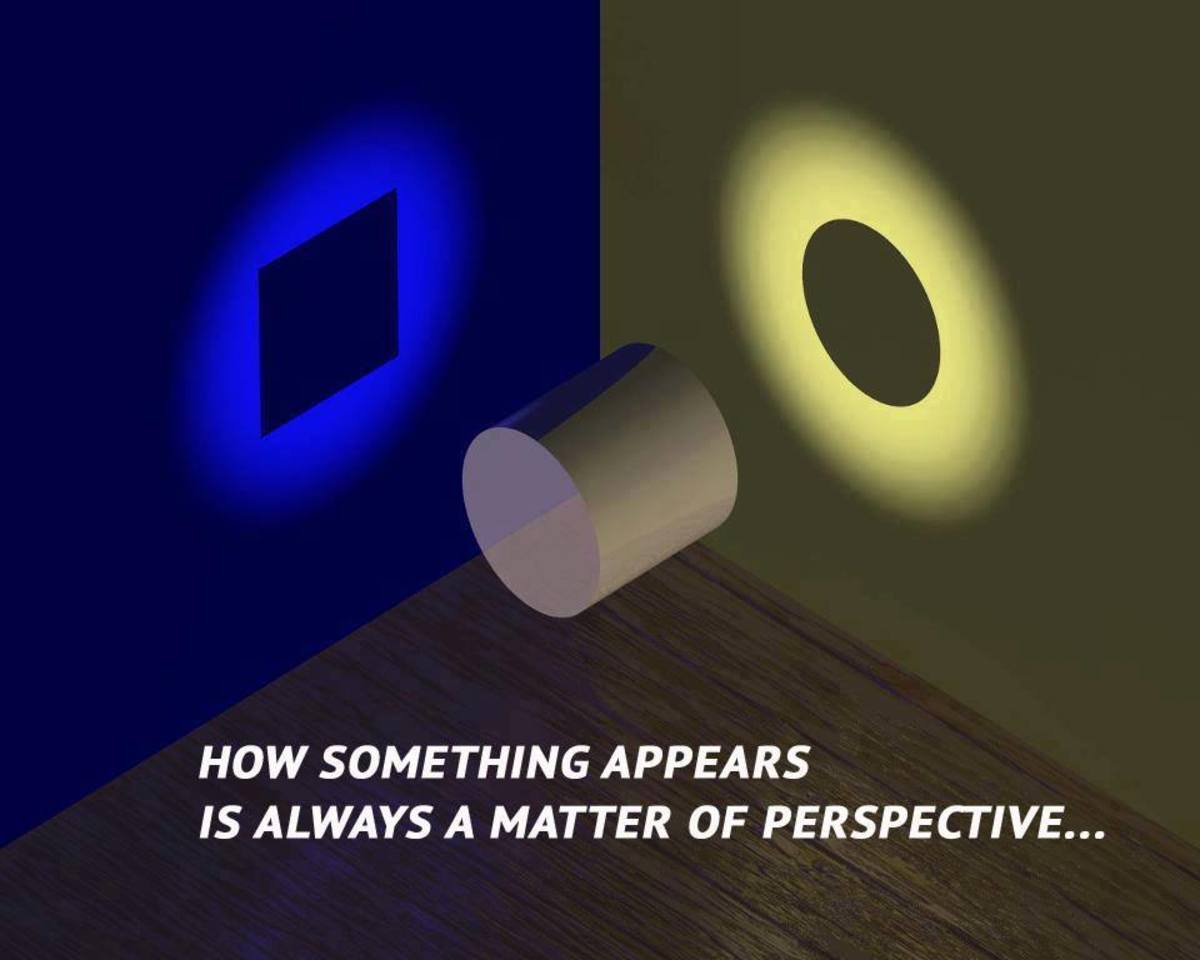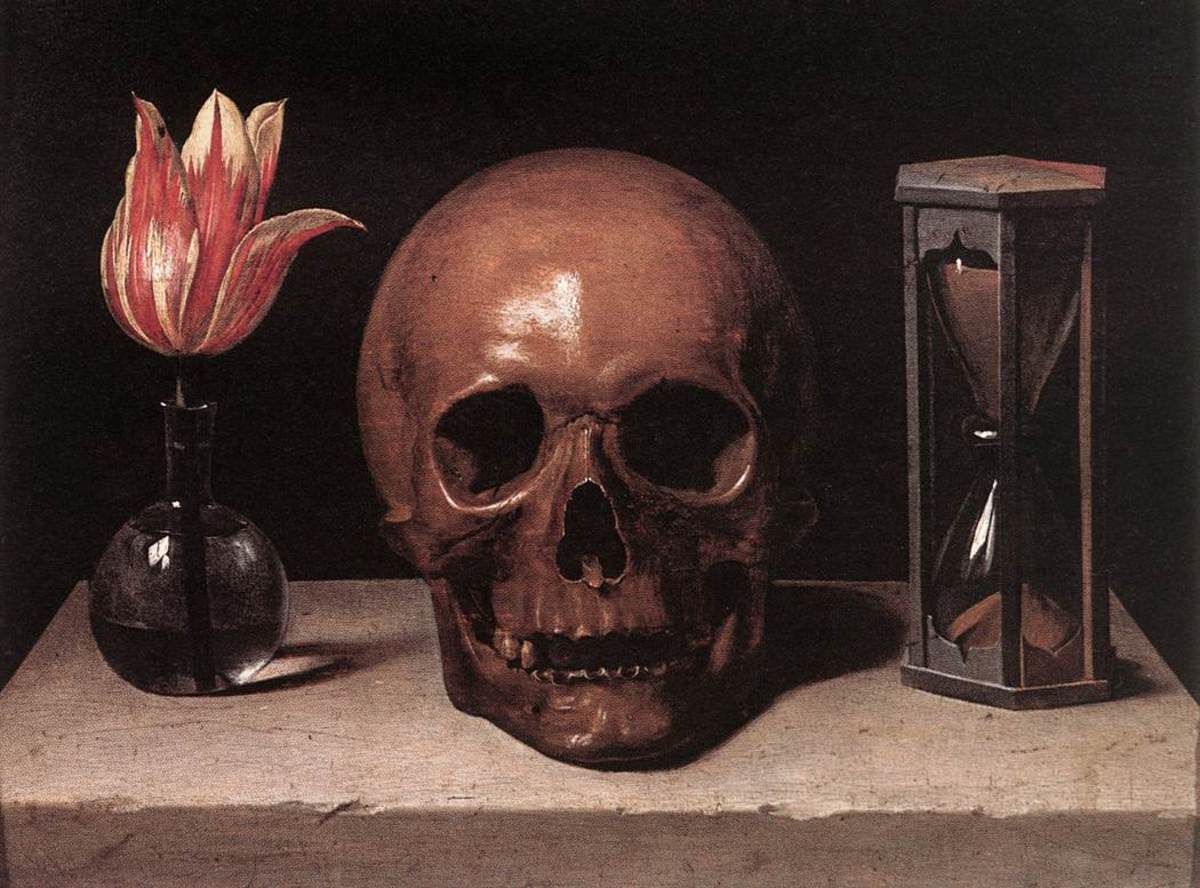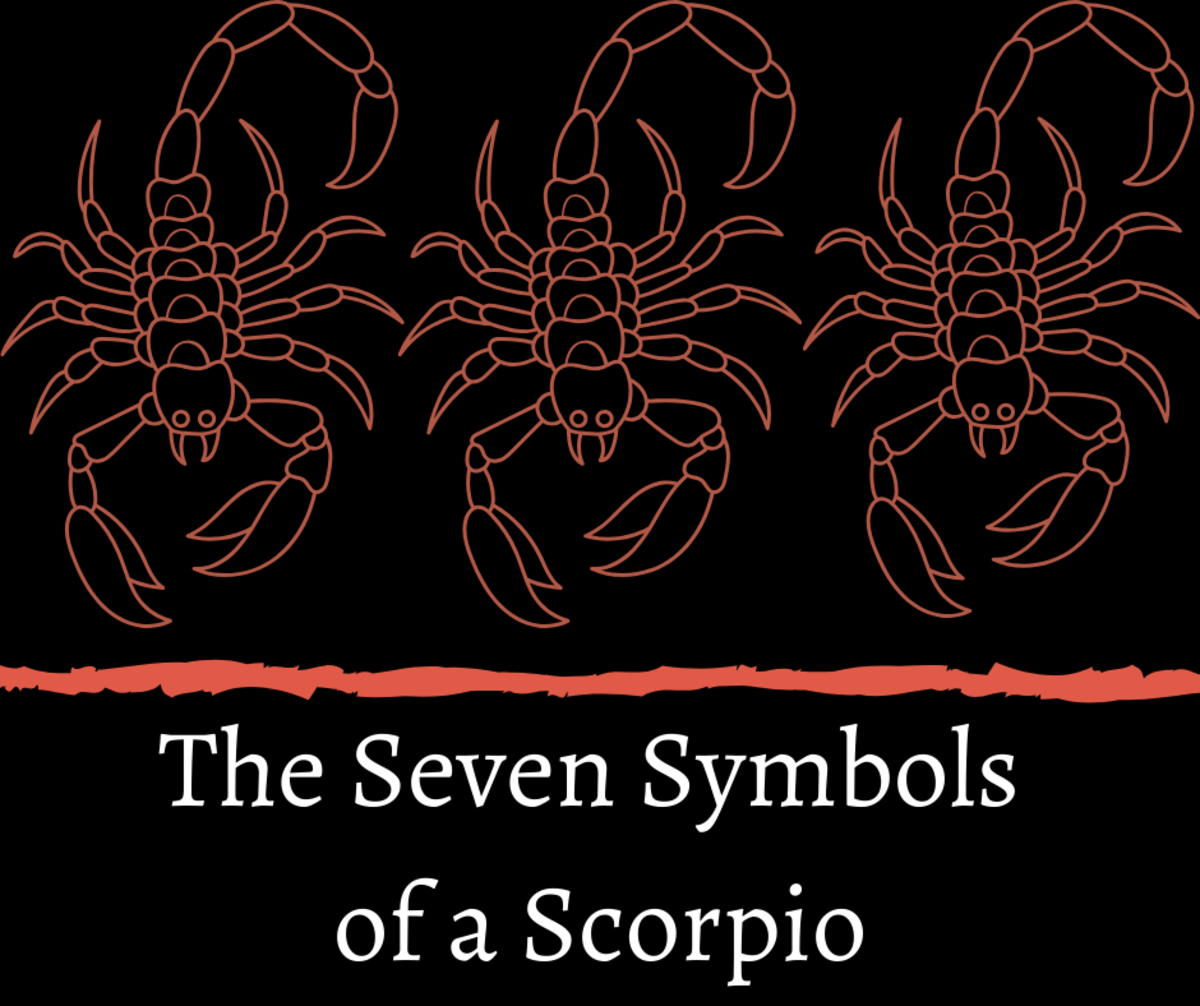Our Natural Eternal Consciousness: A Timeless Immortality and Boost for Religion and Humanity
The theory of a natural eternal consciousness (NEC), or NEC theory for short, states that we will be unaware that our last lifetime experience is over, given that death is imperceptible. Thus—unless we experience a supernatural, perhaps faith-based afterlife—we are left believing timelessly and eternally that this experience will continue. The theory is supported by psychology—specifically, observations on human experiences and the cognitive science principles that explain them. It reveals a newfound, psychological reality about death, a dualistic (soul apart from body) immortality that intrinsically promotes religion and can improve humanity.
By "religion," I mean “a range of social-cultural systems … that generally relate humanity to supernatural, transcendental, and spiritual elements.” I chose this Wikipedia definition because of its breadth.
In this article, I state the NEC theory more precisely, briefly explain and justify it, and offer references to more detailed explanations and scientific justification. Then, I explain why the immortality provided by the NEC should inspire many to “get some religion” and improve human behavior. I close by explaining why I believe the NEC theory is hard for some to accept and then posing two questions that challenge the unpersuaded.
Theory Statement and Explanation
Theory of a Natural Eternal Consciousness: Unless a supernatural afterlife begins after death, from your perspective, you are eternally and imperceptibly paused in the last discrete conscious moment of your final experience—be it an awake one, a dream, or a near-death experience (NDE). This last moment is your natural eternal consciousness (NEC) and may be perceived as a natural afterlife.
Your self-awareness of your last experience—an awake (perhaps hallucinatory) one, a dream, or a near-death experience (NDE)—and your unawareness of the moment of death guarantee that you will never lose your sense of self and soul within the context of this experience. Instead, from your perspective, the experience becomes imperceptibly timeless and deceptively eternal. It is, admittedly, an end-of-life illusion of immortality, but to you as real as a rainbow.
Others will know your last experience is over, but you will not. Moreover, you will forever anticipate that it will continue. Your consciousness is not turned “Off” with death. It is simply “Paused”—paused on your final discrete (i.e., never changing) conscious moment, the present one of many past streaming conscious moments (about 20 to 25 per second) that solely form your consciousness and thus awareness. It is paused on this final moment because, unlike all other conscious moments in your lifetime, with death, no conscious moment will replace it as the present moment in your self-awareness and thus belief. That is, unless it is replaced at or sometime after death by the first conscious moment of a supernatural afterlife, perhaps Heaven or a reincarnation.
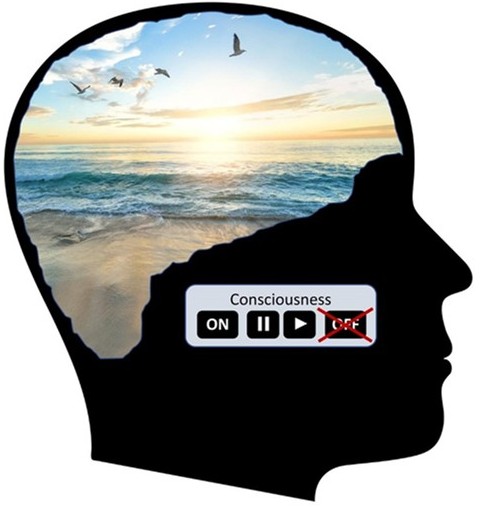
Unlike any other afterlife consciousness theory, the NEC theory can be shown to be a scientific theory, meaning it can be falsified, because the NEC occurs before death. Being unaffected by death, it merely timelessly lingers psychologically in one’s self-awareness after death. Moreover, if the NEC is based on an experience that a dying person perceives as an afterlife, then it is, from their perspective, a natural afterlife.
Thought Experiments and a Computer Analogy
Thought experiments based on human experiences can help grasp the reality of the natural afterlife and NEC. But first, I give a computer analogy that can also help.
Like humans, computers have experiences—e.g., researching and answering a question about teenage suicides. Call this consciousness if you will. However, unlike humans, computers, even with AI, lack self-awareness. They have no concept of self, no soul. That is, they have no awareness of or belief in what they, as self, are experiencing and thus have no aroused feelings or emotions—e.g., like pain, love, or sadness from finding stories of tragic loss of life. So, turn them off; they will have no NEC.
Assume no immediate supernatural afterlife in the three thought experiments below. Also, focus entirely on the psychological—i.e., only what you can perceive and thus know and believe as you are dying. As you are now one of the living, ignore what you know is materially happening—i.e., the brain is deteriorating to the point it can no longer produce conscious moments. Appreciating the relativity of the NEC is crucial to understanding it.
When do you know a dream is over? Answer: Only when you wake up. But suppose you never do. How will you ever know the dream is over? Before you answer, know that you are only aware a dream is over when the first awake conscious moment replaces the last dream conscious moment as your present moment. But what if that moment never comes? Note that you often wake up with the same feelings or emotions you had in the last dream moment (e.g., frustration) and are immediately surprised, sometimes relieved, that it was only a dream. You are surprised because your first awake moment is inconsistent with your last dream moment.
If you have undergone general anesthesia, when do you know you are not awake on the operating table with a mask over your nose and mouth? Answer: When you wake up in the recovery room. But suppose you never do? What will ever make you believe you are not on that operating table? Answer: Nothing, except if you have a dream or NDE before death.
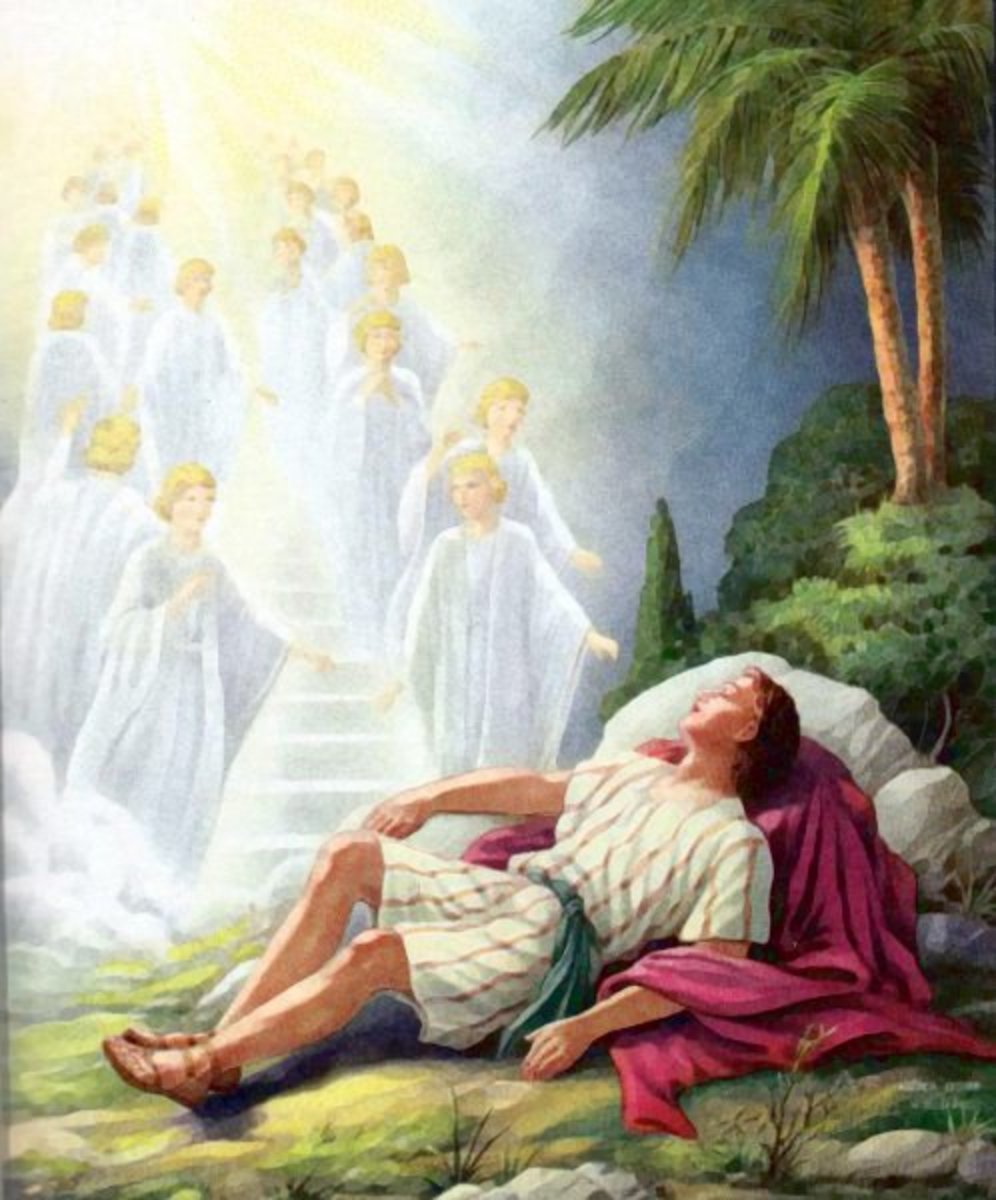
Now, imagine that your last lifetime experience is an NDE wherein you believe you are in heaven, like many NDE survivors have reported. But suppose you do not survive. What will ever make you believe you are not in heaven? Answer: Nothing, because no conscious moment will ever provide a new present moment to change your awareness. So, you will always timelessly believe you are in heaven, anticipating more glorious moments to come. This anticipation stems from the fact that each conscious moment inherently carries within it an expectation of more consistent moments to follow, at least in the next second.
A Natural Afterlife and Other Possibilities
In the last thought experiment, the NEC resulting from your NDE is a natural afterlife because you perceive it as heaven. Note that the cause of an NDE—neurological, physiological, or transcendent—is irrelevant to you.
Unlike any other type of afterlife, a natural afterlife can logically be a heaven of ultimate eternal joy because (a) NDEs have been reported as providing extreme joy (see below) and (b) when made timeless with death, nothing more can happen to make it less joyful. Its timeless essence resolves the philosophical problem of free will in a heaven that, by definition, is perfect and eternal. However, free will can lead to bad, even evil, decisions, but the lack of it can result in eternal boredom. In the natural afterlife, there is no time to make decisions, so no problem.
Again, the NEC theory does not rule out the possibility that the NEC could be overridden at or sometime after death by some supernatural afterlife. This means that the NEC could be the intermediate state for the soul before eventually uniting with a resurrected, glorified body or being incarnated into a completely different one.
One’s NEC could be near-nothingness, though only near because one, the self, is still present. Consider the ordinary, unsenual, and emotionless moment that one often has just before falling asleep with eyes closed, wherein one sees nothing, hears nothing, smells nothing, tastes nothing, and may physically and consciously feel nothing. This can be one’s final experience.
For More Details
For a more detailed explanation and scientific justification, scholarly references, and discussion of the NEC theory, you can read the peer-reviewed psychology journal articles or the comprehensive book that are cited below. I am the author.
- “The Theory of a Natural Eternal Consciousness: The Psychological Basis for a Natural Afterlife,” 2020, Journal of Mind and Behavior. 41(1), pp. 53–80.
- “The Theory of a Natural Eternal Consciousness: Addendum,” 2022, Journal of Mind and Behavior. 43(3), pp. 185–204.
A Natural Afterlife Discovered: The Newfound, Psychological Reality That Awaits Us at Death, K. Alvin Marie Publishing, 2022.
Why a Boost to Religion and Humanity?
Many believe today that with death, they will simply no longer exist. Often, this belief is based on the misguided notion that it is scientifically supported, when in fact it is not and never has been. Unfortunately, this belief also leads some to conclude that whatever they do in life ultimately does not matter.
However, the psychological immortality provided by the NEC refutes a belief in nonexistence, thereby increasing, for many, the possibility of end-of-life accountability. Again, one’s NEC can result from a wakeful experience, including a hallucination, a dream, or an NDE. While one may have some control over the first kind of experience—e.g., whether they will be peaceful and content on their deathbed—an uncontrollable event can happen—e.g., a fatal heart attack or accident. What determines the occurrence and nature of the others is unknown. Is it random chance, natural causality, karma, or God?
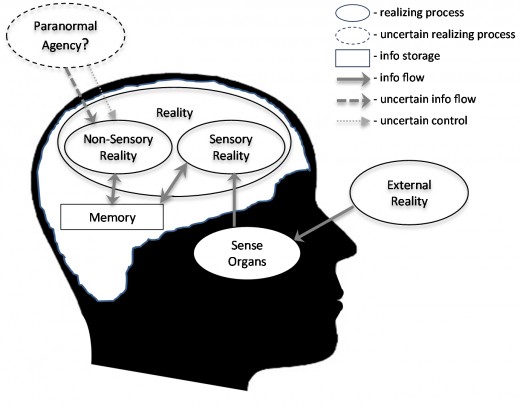
The nature of hallucinations, dreams, and NDEs can range from extremely pleasant to nightmarish. Studies involving NDE survivors show that the vast majority of NDEs are pleasurable, even heavenly, with many dominated by emotions of peace, love, and bliss. However, studies also estimate that between 11% and 22% of NDEs can be distressing, some purgatorial and some even hellish. Noteworthy is that these studies include NDEs that may have prematurely ended due to survival. Had they continued until they were paused due to death, their nature could have changed.
So, given the NEC theory, one who has no belief or trust in a determining agency —"supernatural, transcendental, or spiritual elements"—or in a supernatural afterlife that will override their NEC must now face the uncertainty of their fate. As awareness of the theory spreads, this uncertainty, along with the prospect of accountability, will likely drive many nonreligious individuals to turn to religion. Why? Because inherent within most religions is a trust in something—e.g., karma or God—that assures justice and perhaps mercy in the end. Religion also teaches one to behave well and treat others with kindness, i.e., morality, which can only be beneficial for them in the end and for society in general.
Thus, I believe that the immortality and possible end-of-life accountability that the NEC brings will eventually improve human behavior in general and, in doing so, make the world a better place. An immediate benefit that awareness of the NEC can bring is a reduction in tragic suicides and mass shootings. These views are supported by the articles referenced below. For each, I add a brief comment in parentheses.
- Purzycki, B., et al. (2016). Moralistic gods, supernatural punishment and the expansion of human sociality. Nature, 530 (February 10, 2016), 327–330. (“Moralist gods, supernatural punishment” can be equated to possible end-of-life accountability.)
- Beard, C. (2023, April 6). Religious identity may impact suicide risk - Religion, fear of death, and suicide: Untangling a complicated relationship. Psychology Today. (Immortality and end-of-life accountability can impart a fear of death. As Hamlet pondered, “… for in that sleep of death, what dreams may come, when we have shuffled off this mortal coil, must give us pause.“)
- Koerth, M. (2022, June 6). Suicide prevention could prevent mass shootings. FiveThirtyEight: abc NEWS. (Studies have shown that mass shooters have been overwhelmingly suicidal.)
Closing
Those who are certain that human consciousness is both mortal and supreme, despite it being scientifically unexplainable, are biased to reject the reality of the NEC, even condemn it. Clinging to such a certainty gives one assurance and, with it, comfort that no supernatural agency, of any kind, will exert control over one’s eternal fate. Those who are more open-minded about human consciousness may be more readily inclined to accept the NEC’s reality.
In summary, the NEC theory reveals that alongside self-awareness, evolution has endowed humans (and likely other self-aware creatures) with an NEC. Is this a curse or a blessing to humanity? As with the NEC itself, it is relative to one’s perspective.
I leave NEC theory skeptics with two questions. When you die, precisely what will ever make you believe that your last experience is over? Before you answer, know that with death, you will perceive no indicator, like “The End” or “You’re dead”—just like you never receive a “You’re asleep” indicator. Besides, even if you were to experience such an indicator, what conscious moment would ever cause it to vanish from your self-awareness?
© 2025 Bryon Ehlmann
